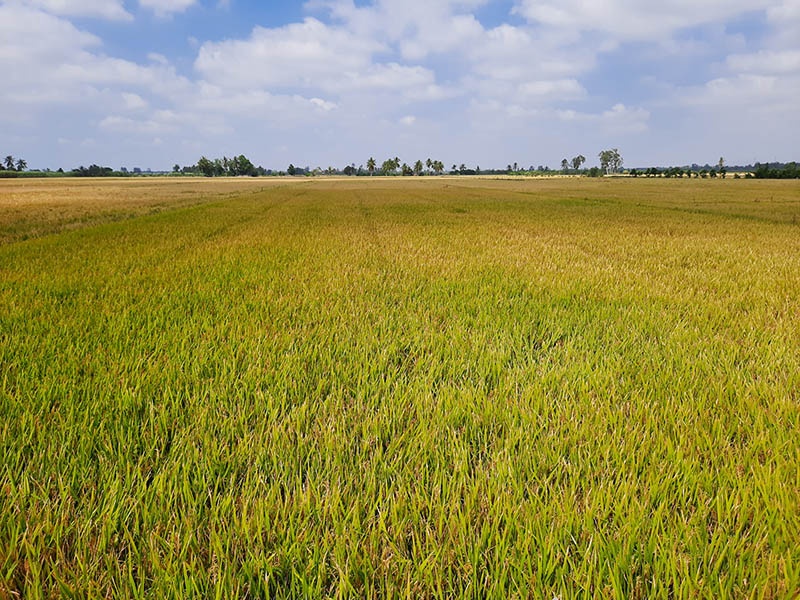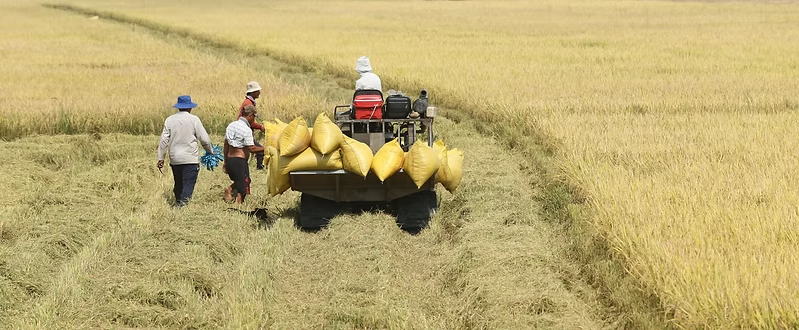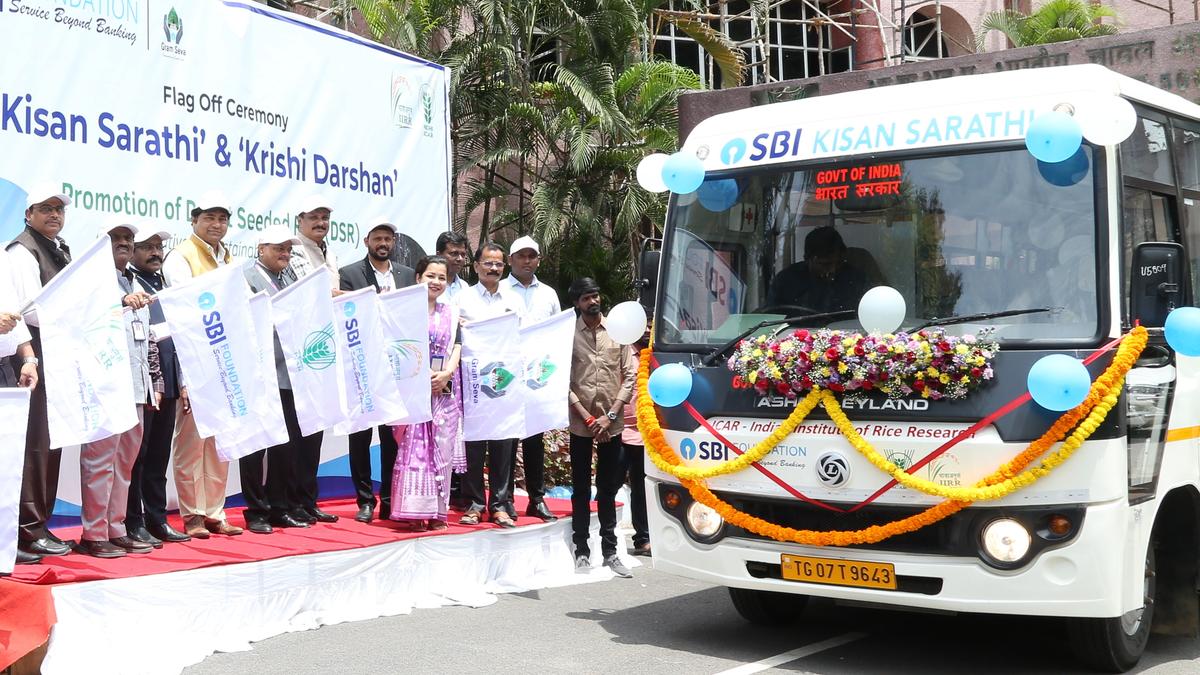Tags
Vietnam to cultivate ‘low-emission’ rice this year
Deputy Minister of Agriculture and Rural Development Tran Thanh Nam said if everything goes as planned, Vietnam will have low-emission rice by August.
The Ministry of Agriculture and Rural Development (MARD) has established a steering committee on developing 1 million hectares of high-quality, low-emission rice in the Mekong River Delta.
The office of the steering committee is cooperating with agencies to submit to MARD a plan and farming techniques for low-emission rice. It will also survey project implementation in Kien Giang and Dong Thap, two of the five provinces chosen for the model on a trial basis.
The coordination office also plans to organize conferences and workshops to consult with agencies about measurement, reporting and verification procedure (MRV); and build a training model for capability strengthening, communications plan and community agriculture encouragement.
MARD Minister Le Minh Hoan said the project is extremely important in implementing the policy on shifting to sustainable rice farming in the Mekong River Delta, as well as the development of large concentrated material growing areas.
The project is a new way of approaching and thinking, which will encourage farmers to make every effort to create new values.
According to Nam, the office of the steering committee is creating a legal framework and operation mechanism.
He said that if everything goes smoothly, Vietnam will produce low-emission rice by August and the Department of Crop Production will announce the initial required standards.
MARD is joining forces with units and localities in Mekong River Delta to deploy five pilot models with at least 250 hectares of high-quality low-emission specialized rice. The pilot program will be conducted in three summer-autumn and autumn-winter crops in 2025-2026.
In May, MARD will have a meeting with Mekong Delta provinces, units and organizations to discuss a legal framework on payment for emission reductions. It will also work with the World Bank to reach an agreement before submitting the draft framework to the government for approval.
The World Bank estimates that once the 1 million hectare area takes shape, it would be able to help reduce 10 million tons of carbon.
Under the project, the World Bank has committed to buy carbon credits at $10 per ton of CO2. So, one hectare of rice can bring $100 from carbon credit sale, and 1 million hectares revenue of $100 million a year.
Tam An
https://vietnamnet.vn/en/vietnam-to-cultivate-low-emission-rice-this-year-2276889.htmlPublished Date: May 4, 2024






